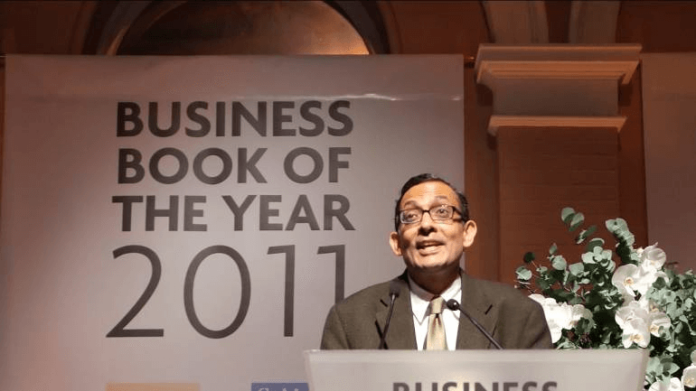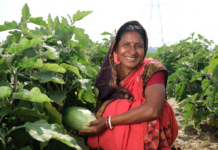Banerjee and Duflo’s work which focuses on remedial tutoring has benefitted 5 million children.
By Kunal Chatterjee
American Abhijit Banerjee, his wife Esther Duflo and Michael Kremer were awarded the 2019 Nobel Economics Prize on Monday for their approach to alleviate global poverty.
Fifty-eight-year-old Banerjee was born in 1961. He studied in South Point School and Calcutta University’s Presidency College before moving to Delhi’s Jawaharlal Nehru University. He then did a PhD from Harvard in 1988.
Duflo, 46, is the second woman to win the economics prize after Elinor Ostrom got it in 2009, and is also the youngest-ever to receive the award. She is married to Abhijit Banerjee.
“The research conducted by this year’s Laureates has considerably improved our ability to fight global poverty. In just two decades, their new experiment-based approach has transformed development economics, which is now a flourishing field of research,” said the Nobel committee in a statement.
Banerjee founded the Abdul Latif Jameel Poverty Action Lab (J-PAL) in 2003 along with Duflo and Sendhil Mullainathan. J-PAL is a global research centre based in Massachusetts.
Banerjee is a fellow of the American Academy of Arts and Sciences and the Econometric Society and winner of the Infosys Prize. His articles on economics often appear in major news publications across the world. Banerjee is also the author of four books that include Poor Economics, for which he won the Financial Times and Goldman Sachs Business Book of the Year Award in 2011. The book has been translated into more than 17 languages.
His ground-breaking scholarship apart, Abhijit himself is a superb cook and a connoisseur of Hindustani classical music. He represents the best of Indian culture and scholarship, while always being open to what the world has to offer.
Both Abhijit Banerjee and Esther Duflo work at Massachusetts Institute of Technology while Kremer is at Harvard University. Duflo is also the editor of the American Economic Review, a member of the National Academy of Sciences and a Corresponding Fellow of the British Academy. Kremer, 54, is a development economist, who is currently the Gates Professor of Developing Societies at Harvard University.
The Royal Swedish Academy of Sciences said that due to the studies of Banerjee, Duflo and Kremer more than five million Indian children have benefitted from effective programmes of remedial tutoring in schools.
Nirmala Banerjee, the mother of Nobel Prize winner Abhijit Banerjee Monday said it was a proud moment for her and she is very happy for his achievements.
She said she is also happy as one of the joint winners of the prestigious award is her daughter-in-law Esther Duflo.
Indian-American Abhijit Banerjee, his French-American wife Esther Duflo and another economist Michael Kremer were declared winners of the Nobel Prize for economics on Monday.
The 58-year-old bagged the Nobel award for his “experimental approach to alleviating global poverty”.
Nirmala Banerjee herself is a former professor of economics at the Centre for Studies in Social Sciences and her husband Dipak Banerjee was a professor and the head of the Department of Economics at then Presidency College (now University).
“I am very happy and proud of his achievements. I am yet to speak to him. I think he must be sleeping as it’s still night in the US. He was always a brilliant and disciplined student,” she recalled.
About her 47-year-old daughter-in-law Esther Duflo, Banerjee said: “She is so young and so intelligent”.
Abhijit Banerjee had been educated in South Point School and Presidency College (now a university in the city) from where he graduated with a BSc in 1981.
After his class 12 examination he had initially taken admission in the B Stat programme at the famed Indian Statistical Institute (ISI), Kolkata but left it midway to study economics at Presidency College as ISI was far from his home, his mother recalled.
Physics was then an alternative, but he decided to take up economics, Nirmala recalled.
“He did great work in understanding poverty and how the poor survived. At times we used to discuss various topics and issues on economics. He has also spoken on economic issues our country is facing presently,” Nirmala Banerjee said.












